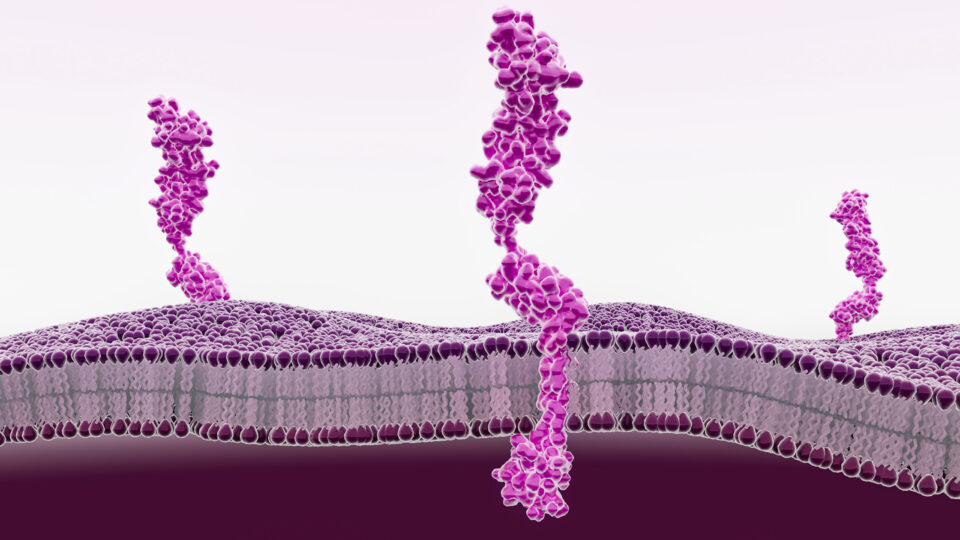NYU Langone Health’s Ira J. Goldberg, MD, the Clarissa and Edgar Bronfman Jr. Professor of Endocrinology and director of the Division of Endocrinology, Diabetes, and Metabolism, and Jeffrey S. Berger, MD, director of the Center for the Prevention of Cardiovascular Disease, have been collaborating over the past several years to study macrovascular disease in diabetes. Now, with new funding from the NIH, their research focus is expanding.
Here, Dr. Goldberg discusses how the funding will be used to assess whether LDL cholesterol (LDL-C) reduction corrects platelet, white blood cell, and endothelial cell abnormalities associated with type 1 diabetes, and ascertain whether these changes parallel those found with type 2 diabetes. He also highlights their interim findings, emphasizing multidisciplinary collaboration as a key driver of long-term success.
Building Upon Previous Knowledge
Physician Focus: Dr. Goldberg, tell us about your work with Dr. Berger and how the new funding is allowing you to expand this focus.
Dr. Goldberg: Three years ago, Dr. Berger and I received funding from the American Heart Association for the Cholesterol Lowering and Residual Risk in Type 2 Diabetes (CHORD) trial. In this study, we’re investigating risk factors for heart disease and stroke, including platelet activity, inflammation, and blood vessel wall function in patients with type 2 diabetes and elevated LDL-C, and how these measurements are impacted when LDL-C is reduced by about 75 percent.
With our new funding, we’ve launched a follow-up trial, Cholesterol Lowering and Residual Risk in Diabetes, Type 1 (CHORD1), which is a prospective, interventional, cohort study that will be carried out at five sites within the New York City area. The purpose of the study is to analyze the effect of reducing cholesterol levels on the same risk factors as outlined in CHORD, but for patients with type 1 diabetes. We plan to compare the results of both studies.
“In addition to providing critical insights into the macrovascular complications of diabetes, both studies will help us better understand the relationship between LDL-C reduction and vascular disease in patients with diabetes.”
Ira J. Goldberg, MD
In addition to providing critical insights into the macrovascular complications of diabetes, both studies will help us better understand the relationship between LDL-C reduction and vascular disease in patients with diabetes.
Convincing Early Research
Physician Focus: What early research led to the initiation of CHORD and CHORD1?
Dr. Goldberg: Studies have shown that marked reductions in non-HDL cholesterol (HDL-C), and to a lesser extent triglycerides, associate with plaque regression.
While observational data has linked HDL-C and triglycerides to risk of cardiovascular disease, such studies have a limited role in elucidating the causal risk conferred by these lipid fractions because of confounding by correlated metabolic syndrome traits.
Our earlier findings show that LDL-C, HDL-C, and triglycerides are independently associated with coronary artery disease, suggesting that each of these factors are biologically active at the level of the arterial wall. Patients with diabetes have greater platelet aggregation, altered white blood cells, and more vascular inflammation—pathological processes that are improved by LDL-C reduction in unaffected individuals.
Research into ApoB-Lp
Physician Focus: You’re also involved in a new project investigating apolipoprotein-B–containing lipoprotein (apoB-Lp) biogenesis and catabolism. Tell us about this work.
Dr. Goldberg: This program project award, led by Mahmood Hussain, PhD, will explore how changes in adipose tissue lipolysis, liver assembly of apoB-Lp, and plasma clearance of lipids affect circulating levels of atherogenic apoB-Lp. My project will develop methods to block lipid movement out of the circulation and into the arterial wall where it can cause atherosclerosis. We have received five years of funding for this project from the National Heart, Lung, and Blood Institute.
Drawing on a Well of Expertise
Physician Focus: You’ve led several multidisciplinary clinical trials. How does collaboration play a role in your research productivity and success?
Dr. Goldberg: NYU Langone has a strong history and well of expertise that’s relevant to endocrinology and lipid disorders. By collaborating with other investigators, I’ve been able to foster relationships with experts that I might not otherwise have interacted with—those with diverse perspectives and different areas of research. Ultimately, I believe that this has been a major reason for our success.






